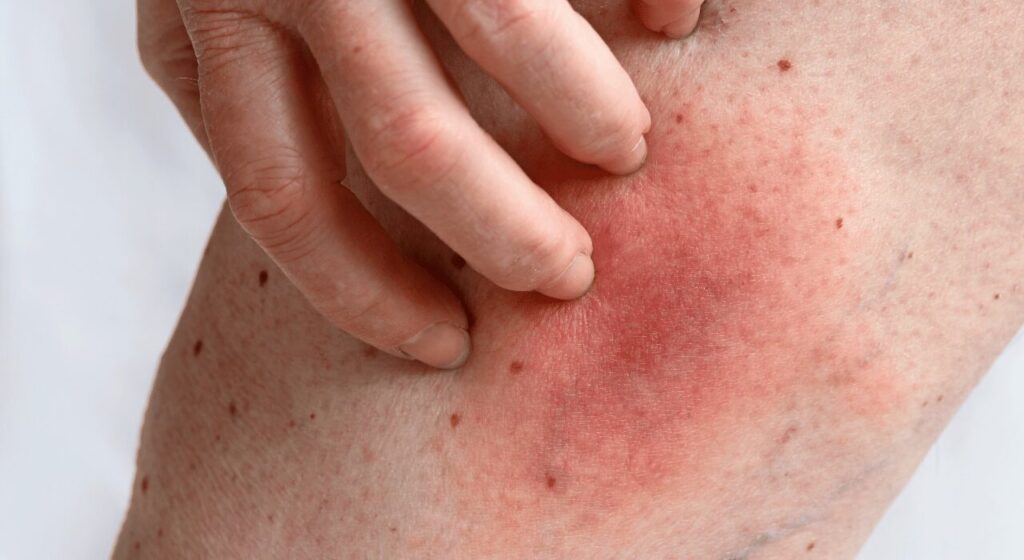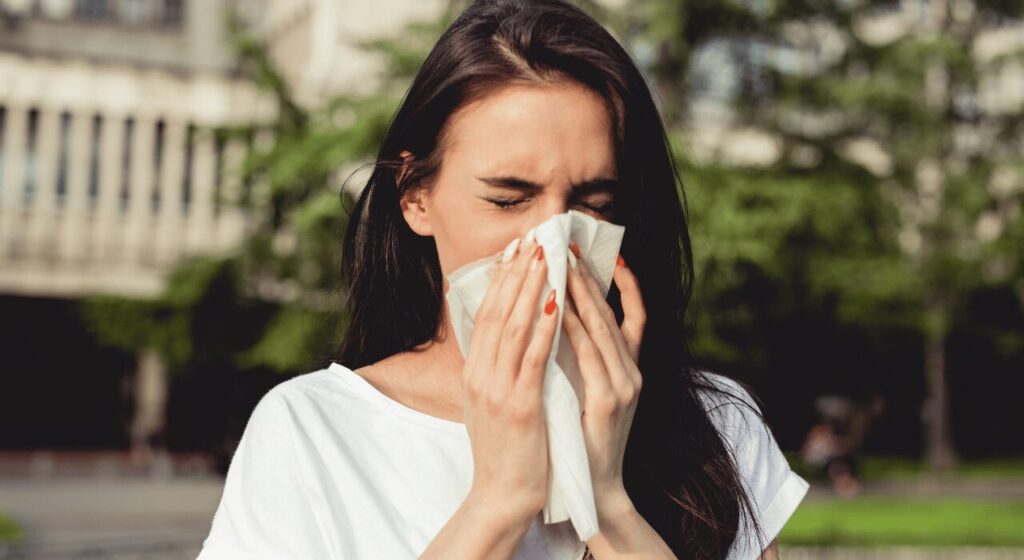Common Causes, Symptoms, & Treatments
Allergies are a common health concern that affects millions of people worldwide. Whether it’s hay fever, food allergies, or skin reactions, understanding the causes, symptoms, and available treatments can help individuals manage their allergies and improve their quality of life. In this article, we will delve into the fundamentals of allergies and offer valuable insights into managing them effectively.
What are allergies?
Allergies occur when the immune system overreacts to substances that are typically harmless to most people, known as allergens. These allergens can be found in various forms, including pollen, dust mites, certain foods, medications, insect stings, and pet dander. When an allergic person encounters an allergen, their immune system triggers an allergic reaction, resulting in a range of symptoms.
Common Causes of Allergies:
- Environmental Allergens: Pollen, dust mites, mould spores, and animal dander are some of the primary culprits behind environmental allergies.
- Food Allergies: Common food allergens include peanuts, tree nuts, shellfish, eggs, milk, wheat, and soy.
- Medications: Certain medications, such as antibiotics, nonsteroidal anti-inflammatory drugs (NSAIDs), and some anaesthetics, can trigger allergic reactions in susceptible individuals.
- Insect Stings: Bee stings, wasp stings, or bites from other insects can cause allergic reactions in some people.
Symptoms of Allergies:
Allergic reactions can manifest in various ways, depending on the allergen and the individual’s sensitivity. Common allergy symptoms include:
- Hay fever (allergic rhinitis): Sneezing, runny or stuffy nose, itchy or watery eyes, and nasal congestion.
- Skin reactions: Rashes, hives, eczema, itching, and swelling.
- Respiratory symptoms: Coughing, wheezing, chest tightness, and shortness of breath.
- Digestive issues: Nausea, vomiting, stomach cramps, and diarrhoea.
- Anaphylaxis: A severe, life-threatening allergic reaction characterised by difficulty breathing, swelling of the throat or tongue, a sudden drop in blood pressure, and dizziness. Anaphylaxis requires immediate medical attention.

Treatment Options:
- Avoidance: Identifying and avoiding allergens is the first line of defense. This may involve staying indoors during high pollen seasons, using allergen-proof bedding, avoiding trigger foods, or taking precautions around known allergens.
- Medications: Over-the-counter antihistamines, nasal sprays, and eye drops can help alleviate mild allergy symptoms. In more severe cases, prescription medications like corticosteroids may be necessary.
- Immunotherapy: Allergy shots or sublingual tablets can help desensitise the immune system to specific allergens over time, reducing the severity of allergic reactions.
- Emergency Epinephrine: Individuals with severe allergies, especially to insect stings or certain foods, may need to carry an epinephrine auto-injector in case of anaphylaxis.
Understanding allergies, their causes, symptoms, and treatment options is crucial for effectively managing and coping with allergic reactions. If you suspect you have allergies, it’s important to consult with a healthcare professional or allergist for proper diagnosis, personalised advice, and ongoing support. Remember, with the right knowledge and strategies, allergies need not hinder your ability to lead a healthy and fulfilling life.
If you’re unsure what’s causing your allergic symptoms, book an appointment for one of our allergy panel blood tests or a consultation with one of our experienced GPs.
















